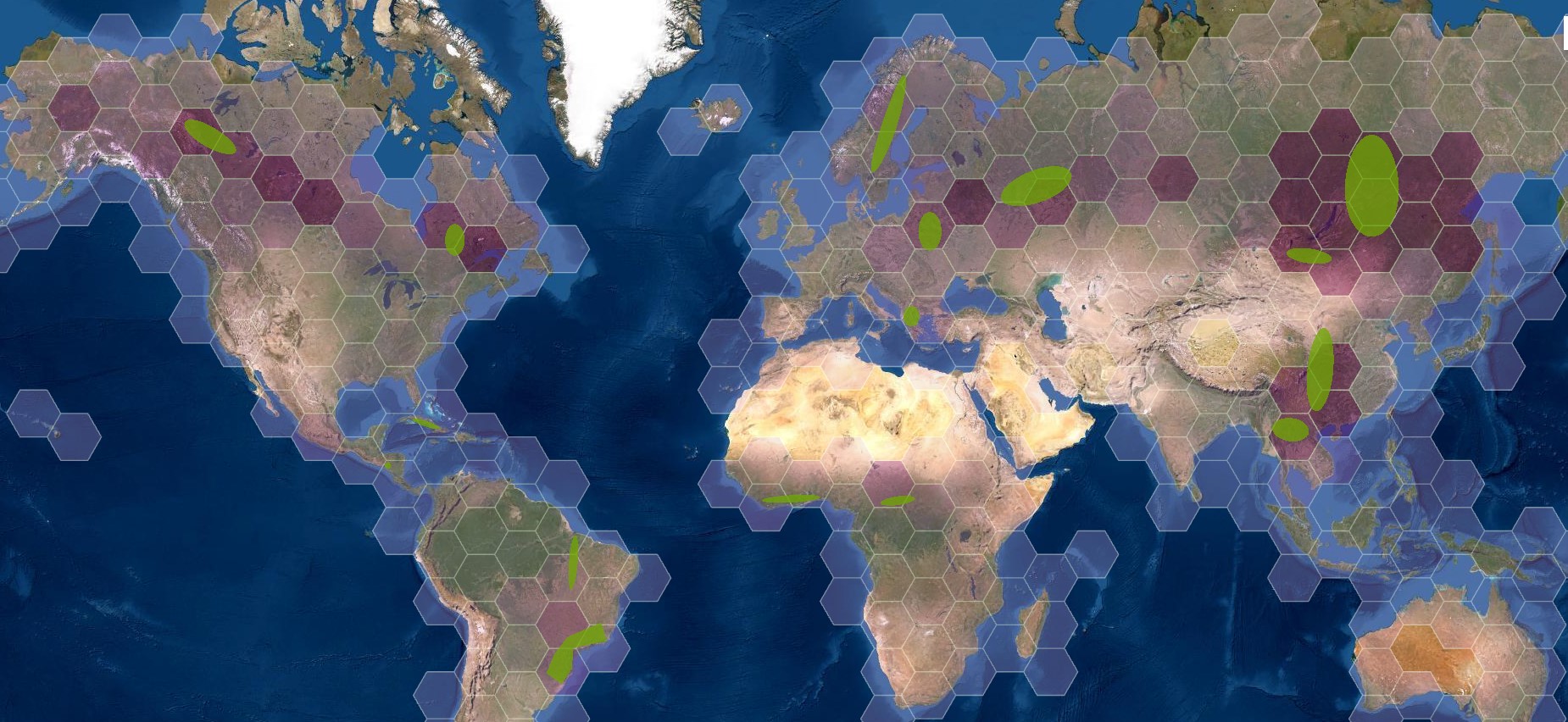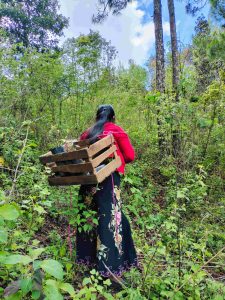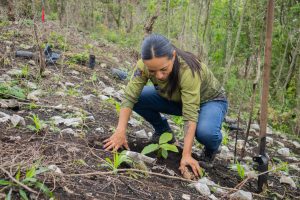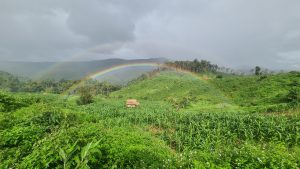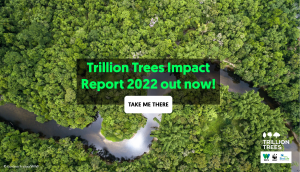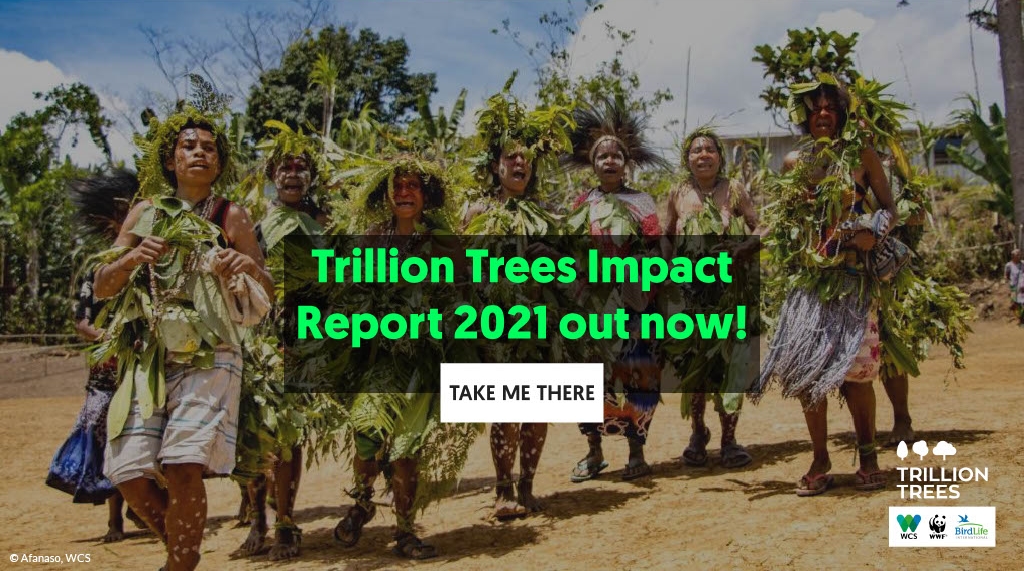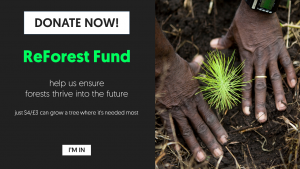It's not all bad news!
Our new research shows that a total area of forests equivalent to the size of France have regrown in the last 20 years.
Nearly 59 million hectares of forests – an area larger than mainland France– has regrown since 2000, according to new analysis from Trillion Trees. This area of forest has the potential to store the equivalent of 5.9 Gt of CO2e – more than the annual emissions of the United States1.
The study was designed to help inform forest restoration plans worldwide, giving a picture of the areas where focusing restoration efforts could be most beneficial. It was part of a two-year research project, which involved examining more than 30 years’ worth of satellite imaging data and surveying experts with on-the-ground knowledge of more than 100 sites in 29 different countries.
The research points to the Atlantic Forest in Brazil as one of the success stories for regeneration, where an estimated 4.2 million hectares – an area roughly the size of the Netherlands – has regrown since 2000, through a combination of planned projects to restore the forest, more responsible industry practices and other factors including migration trend towards cities.
In the boreal forests of Mongolia’s northern wilderness, the study suggests that 1.2 million hectares of forest have regenerated in the last 20 years, in part thanks to the work of Trillion Trees partner WWF, and increased emphasis from the Mongolian government on protected areas. Other regeneration hotspots include central Africa and the boreal forests of Canada.
The map, further information on methodology used, and stories about how we can learn from the landscapes can be found here.
Trillion Trees is now seeking further input to validate or adjust the map and deepen our understanding of the conditions that led to regeneration. We’re inviting individuals with on-the-ground knowledge to contribute online. Please contact forestregeneration@trilliontrees.org for further information on how you can help.
William Baldwin-Cantello, Director of Nature-based Solutions at WWF said:
“The science is clear: if we are to avoid dangerous climate change and turn around the loss of nature, we must both halt deforestation and restore natural forests.
“We’ve known for a long time that natural forest regeneration is often cheaper, richer in carbon and better for biodiversity than actively planted forests, and this research tells us where and why regeneration is happening, and how we can recreate those conditions elsewhere.
“But we can’t take this regeneration for granted – deforestation still claims millions of hectares every year, vastly more than is regenerated. To realise the potential of forests as a climate solution, we need support for regeneration in climate delivery plans and must tackle the drivers of deforestation, which in the UK means strong domestic laws to prevent our food causing deforestation overseas.”
William Baldwin-Cantello
Globally, we are still losing forests at a terrifying rate, much faster than we are able to restore them. Studies have shown that between 2001 and 2019 - a similar time-period to this study - 386 million hectares of tree cover were lost worldwide. That’s over seven times the area of naturally regenerated forest identified in the research.
John Lotspeich, Executive Director of Trillion Trees, welcomed the findings:
“This map will be a valuable tool for conservationists, policymakers and funders to better understand the multiple ways we can work to increase forest cover, for the good of the planet. The data show the enormous potential of natural habitats to recover when given the chance to do so. But it isn’t an excuse for any of us to wait around for it to happen. Through our partners at BirdLife International, WCS and WWF, Trillion Trees has worked hard to identify and protect the areas where there is potential for natural regeneration of these precious assets, and to learn from our successes to promote natural regeneration elsewhere, on an even larger scale.”
If you feel you can contribute to the research please get in touch via forestregeneration@trilliontrees.org.

